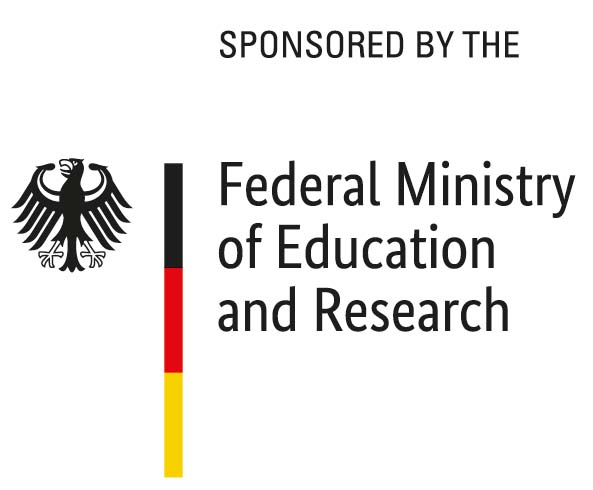’A New Chernobyl’: Narratives of Nuclear Contamination in Russia’s 2022-3 Ukraine War
Authors
In January 2020, I visited the Chornobyl Exclusion Zone as part of research into contemporary narratives that characterized the Zone as a post-human area of timeless and infinitely abundant nature. By the time the resulting paper appeared, however, war had altered the stories being told about the Zone. As I wrote in an afterword, media narratives of the Russian invasion of Chornobyl transformed radioactivity itself into a natural and national part of the Ukrainian landscape, one that was by turns vulnerable (in need of defense and protection) and vengeful (punishing Russian intruders). But what does it mean for anthropogenic radioisotopes to be either ‘natural’ or ‘national’? How might such narratives destabilize readings of the nuclear as inherently disruptive and alien? And does this destabilization make possible new understandings of the Anthropocene as an era defined by the dispersal of anthropogenic radioisotopes? In this paper, I engage in close analysis of media narratives surrounding the Russian invasion of Chornobyl, drawing on both the nuclear humanities (particularly Joseph Masco's work on the "nuclear uncanny" and Kate Brown's history of Chornobyl) and human geography perspectives on the constitution of place. I ask what affordances emerge from a view of radiation as other than contaminating and what dangers might be present in the same claim.







